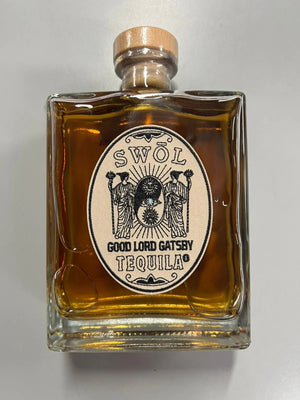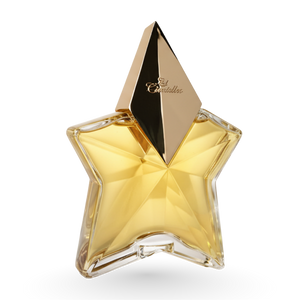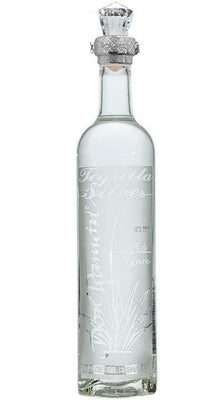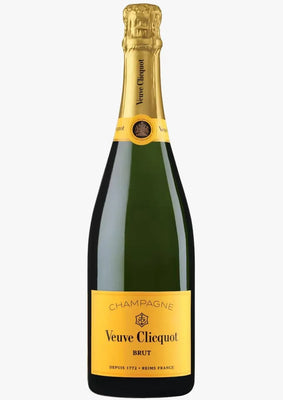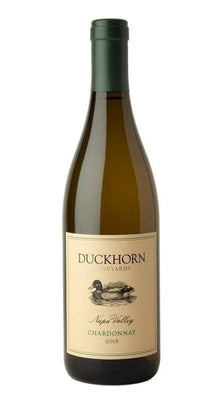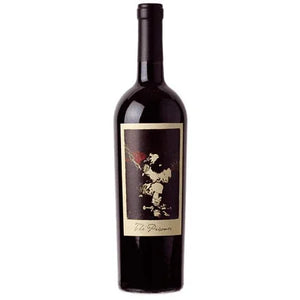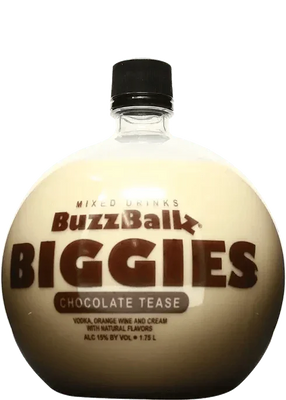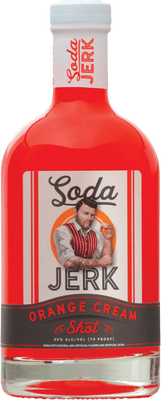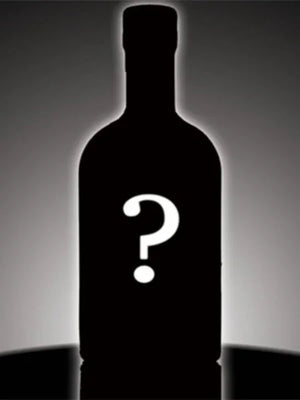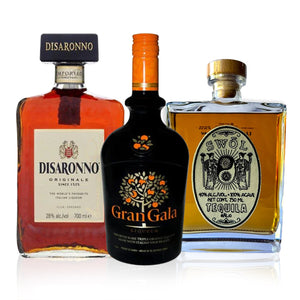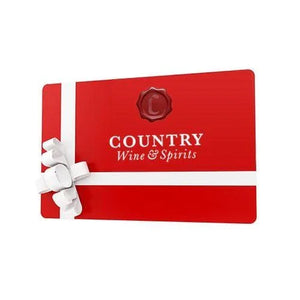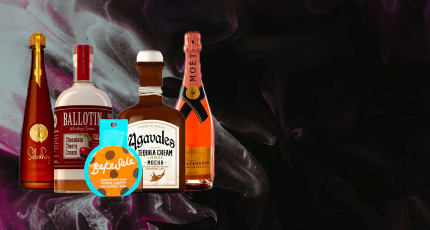If you've ever stood in the liquor aisle, puzzled by the difference between "whiskey" and "whisky," you're not alone. These two spellings often raise questions-but they both refer to the same beloved spirit. The subtle variance lies not in what's in the bottle, but where and how it's made. Let's decode the world of whiskey/whisky in depth.
Whiskey vs. Whisky: A Tale of Two Spellings
At first glance, the difference between "whiskey" and "whisky" seems like a typo. In truth, it's all about geography and tradition.
-
"Whiskey" (with an e) is used in Ireland and the United States.
-
"Whisky" (without the e) is the preferred spelling in Scotland, Canada, and Japan.
This difference emerged during the late 19th century. As Scottish whisky faced quality issues during that time, Irish distillers began adding an "e" to distinguish their premium products. American producers, influenced by Irish immigrants, adopted the "whiskey" spelling too. Today, both spellings are correct - and neither implies superiority.
Is There a Difference in Taste or Quality?
No - the spelling does not indicate quality or taste. However, the style, production method, and region greatly affect the final flavor profile. Think of it this way: "whiskey" and "whisky" are broad terms, like "wine" - but within them are categories as diverse as Scotch, bourbon, Irish whiskey, and Japanese whisky.
A World Tour of Whisk(e)y Styles
Let's explore how each region puts its own stamp on this timeless spirit.
1. Scotch Whisky (Scotland)
Scotch must be distilled and aged in Scotland, following strict legal definitions. There are five main types:
-
Single Malt (100% malted barley from one distillery)
-
Single Grain
-
Blended Malt
-
Blended Grain
-
Blended Scotch
It must be aged in oak casks for at least three years, often longer. Some Scotch whiskies use peat smoke to dry the malted barley, giving it smoky, earthy, or even medicinal notes - especially in Islay whiskies.
Flavors: Smoky, earthy, salty, or rich and fruity depending on region.
2. Irish Whiskey (Ireland)
Traditionally triple-distilled for smoothness, Irish whiskey is often made from a mix of malted and unmalted barley and aged for at least three years.
It usually doesn't use peat, resulting in a cleaner, softer flavor. The category includes:
-
Single Malt
-
Single Pot Still
-
Grain Whiskey
-
Blended Irish Whiskey
Flavors: Light, floral, smooth with hints of fruit and spice.
3. American Whiskey (USA)
The U.S. is home to several whiskey types, each with its own production laws.
-
Bourbon (must be at least 51% corn, aged in new charred oak barrels, made in the U.S.)
-
Tennessee Whiskey (a sub-type of bourbon, filtered through charcoal before aging - the Lincoln County Process)
-
Rye Whiskey (at least 51% rye grain; spicier and drier)
Each type is legally defined by the U.S. Alcohol and Tobacco Tax and Trade Bureau.
Flavors: Bourbon is sweet and full-bodied. Rye is bold and spicy. Tennessee whiskey is mellow and smooth.
4. Canadian Whisky (Canada)
Often called "rye whisky" even if it doesn't contain much rye, Canadian whisky is usually light, blended, and smooth. It's often made from a blend of different grains and aged for at least three years.
Flavors: Clean, mild, slightly sweet with vanilla or caramel undertones.
5. Japanese Whisky (Japan)
Influenced heavily by Scotch traditions, Japanese whisky focuses on precision, balance, and artistry. While they follow similar methods to Scotch (including aging in oak and using malted barley), Japanese whiskies often emphasize elegance and innovation - experimenting with Mizunara oak and blending techniques.
Flavors: Subtle, refined, sometimes floral or incense-like with great depth.
Why the Spelling Still Matters (to Some)
Though it doesn't change what's in the glass, the spelling can tell you a bit about where it's from. For connoisseurs, it can also reflect pride in heritage and tradition. So while there's no wrong way to spell it, knowing the difference adds richness to the experience - like knowing why Champagne must come from Champagne.
Final Thoughts: Which One Should You Choose?
Whether it's whiskey or whisky, what matters most is your taste preferences. Like your drinks smooth and easygoing? Try an Irish or Canadian. Crave complexity and depth? Reach for a Japanese or single malt Scotch. Prefer boldness and sweetness? Bourbon's your go-to.
The name may differ, but the spirit is the same - one of craft, culture, and centuries of refinement.
Editor's Note: This article was originally published on May 2016 and has been updated for comprehensiveness and latest insights.


